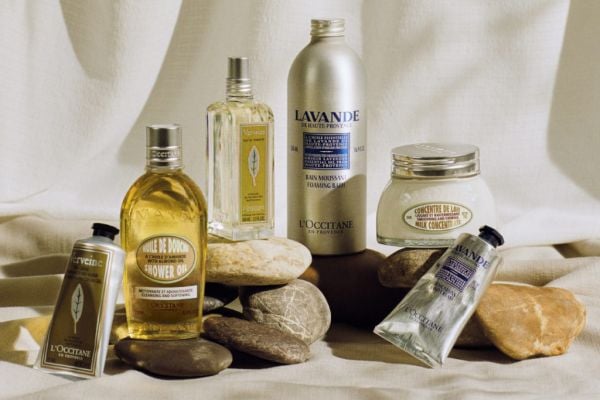Almost six in ten (57%) adults are currently taking some form of vitamin or mineral supplement, with levels unchanged in this regard from 2017 research. This most recent research conducted on behalf of Retail Intelligence by Empathy Research, amongst a nationally representative sample of 1,013 adults aged 18+, sought to understand which vitamins and minerals are most used and where consumers are purchasing these products.
Females (63%) continue to be most likely to be currently consuming vitamin and mineral supplements, with those aged 45-64 (64%) a key age group consuming these types of products also. In line with 2017 levels, multi-vitamins are most popular type of vitamin or food supplement taken, with almost a quarter (24%) of adults currently consuming, up marginally from 22% recorded previously. There has also been an increase in the proportion of adults taking Cod Liver Oil (16% from 13%), with a reduction in the proportion taking Vitamin D (13% from 18%).
Pharmacies are the key point of purchase for these vitamin and mineral supplements, however, there has been a significant reduction in purchase levels from pharmacies year-on-year (37% from 43%). Holland & Barrett continues to perform well, with just over a quarter (26%) purchasing their vitamin and mineral supplements there, largely unchanged year-on-year. Of the grocery retailers, Tesco (22% from 18%) record an increase in purchase levels, as do Lidl (rising from 12% to 16%) in terms of purchase behaviour.
There are no signs of seeds reducing in popularity either, with almost 4 in 10 (38%) adults currently consuming seeds (in line with the 37% from 2017). Chia seeds are the most popular type of seed being purchased (17%), just ahead of sesame seeds (16%) and pumpkin seeds (15%). However, there has been a reduction in the purchase incidence of all three of these types of seeds, suggesting that while purchase levels remain high, consumers are now focussing on one or two types of seeds, instead of three or four.
Grocery retailers command a higher proportion of market share when it comes to the purchase of seeds, than we have seen for vitamins and minerals. Aldi appear to be winning the battle in this category, with purchase incidence amongst seed buyers in Aldi rising from 34% in 2017 to 43% this year. Tesco (38%) remain largely unchanged from 2017 levels (36%). As we had recorded in the supplements category, Lidl are also performing well when it comes to being used for the purchase of seeds, with 33% of seed buyers claiming to purchase them in Lidl.
For further information and more in-depth analysis in relation to consumer spending on vitamins and minerals, as well as their behaviour in relation to overall consumption and their perception of the benefits being derived from these products, please contact Robbie Clarke at Empathy Research.
© 2018 - Checkout Magazine









